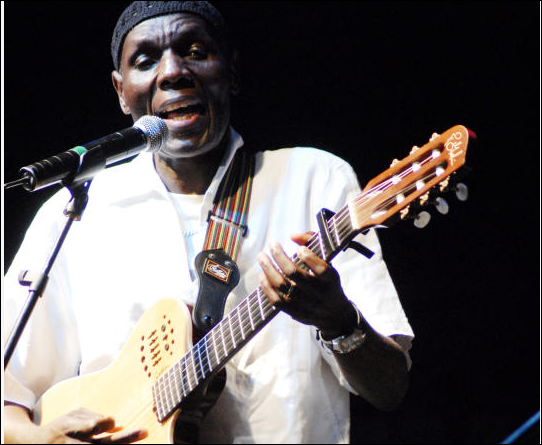×
The Standard e-Paper
Smart Minds Choose Us

“If music be the food of love, play on; give excess of it.” Four hundred years after Shakespeare’s Twelfth Knight, science now suggests we start feeding on this diet before we are born.
A fetus’ auditory system begins developing between seventeen and nineteen weeks, ushering the little being into a world of sound, of breath and heartbeat, of rhythm and vibration.